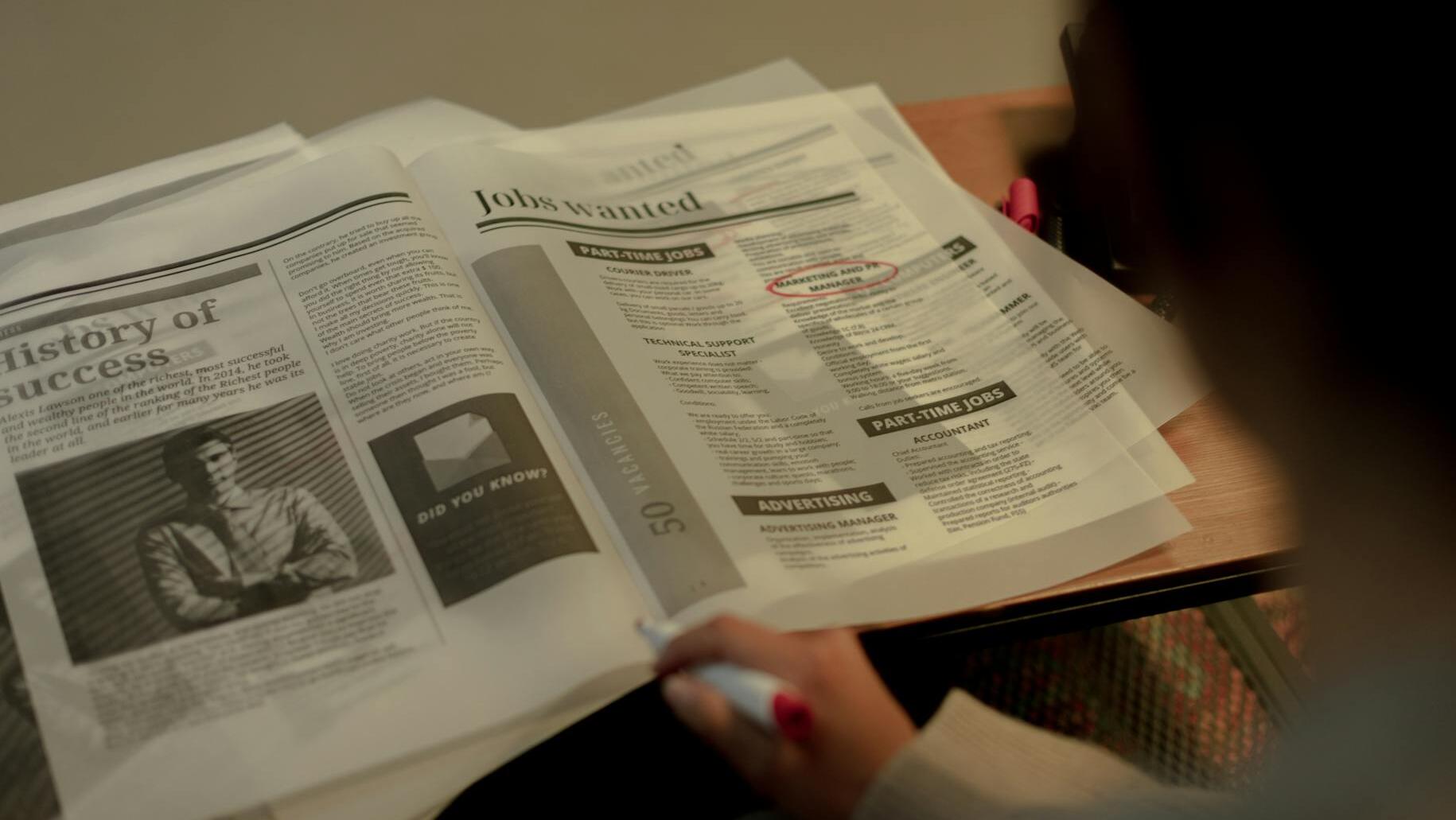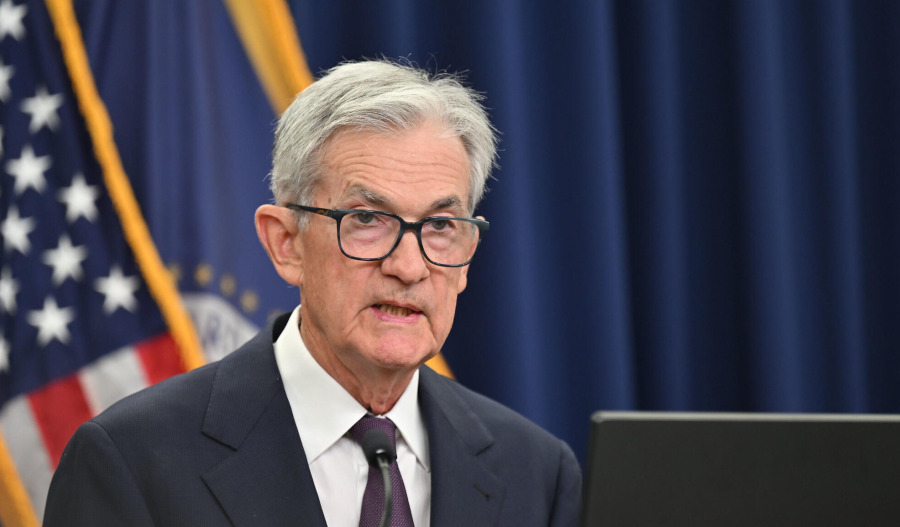United States job openings remained unchanged in August, while consumer confidence has fallen to its lowest level since April amid faltering economic conditions.
There were 7.23 million job openings in the U.S. in August, per the Bureau of Labor Statistics’ Job Openings and Labor Turnover Survey, an increase of 19,000. The Conference Board’s Consumer Confidence Index dropped from 97.8 in August to 94.2 in September.
“Consumers’ assessment of business conditions was much less positive than in recent months, while their appraisal of current job availability fell for the ninth straight month to reach a new multiyear low,” said The Conference Board Senior Economist, Global Indicators Stephanie Guichard.
“Consumers’ write-in responses showed that references to prices and inflation rose in September, regaining its top position as the main topic influencing consumers’ views of the economy.”
Write-in responses also saw the most mentions of jobs and employment since August 2024.
The number of hires in August was 5.1 million, a slight decline from July’s revised 5.2 million. Hiring rates remained largely stable across industries.
Total separations, including quits and layoffs, were 5.1 million in August. In July, there were 5.2 million separations.
“The stagnation that has marked the labour market for much of the past year is both a positive and a negative trend for job seekers, employers, and the economy as a whole,” wrote Indeed Hiring Lab economist Allison Shrivastava.
“Limited layoffs have been a reassuring constant in the face of mounting volatility elsewhere in the economy, and the relative stability for those workers who already have a job has helped keep spending steady. But for people seeking a job who are on the outside looking in, a lack of dynamism in the market is keeping their options limited.”
The Conference Board’s Present Situation Index, which measures consumers’ assessment of current labor market and business conditions, declined by 7.0 points to 125.4 in September.
Its Expectations Index, measuring short-term consumer outlook, also fell by 1.3 points to 73.4. The index has been below the threshold of 80 that usually indicates a recession is ahead since February, according to The Conference Board.
Related content



